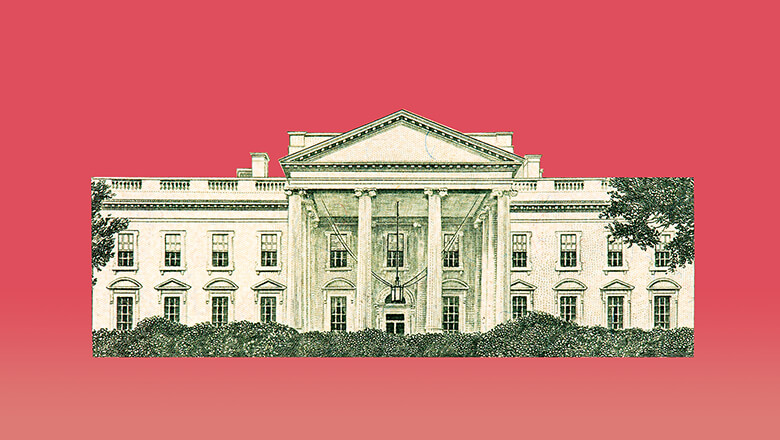Congress Passes the Infrastructure Bill
Government Makes Its Biggest Investment in Infrastructure in Over a Decade
After months of debating, Congress passed an infrastructure bill. Once it is signed into law by President Biden, the bill will put billions of dollars toward repairing and improving the nation’s infrastructure. The spending, which will be spread out over about five years, marks the biggest investment in US infrastructure by the federal government in over a decade.
Of the money, $110 billion will go to repair roads and bridges while $39 billion is slated to upgrade public transit. Congress has earmarked $66 billion to improve and modernize the nation’s railroads. Billions will also go toward making highways safer, implementing an electric vehicle-charging network, developing zero-emission ferries and buses, building out broadband infrastructure, and protecting the country against cyberattacks.
Infrastructure Money Coming Soon
Money from the $1 trillion infrastructure bill is expected to begin flowing in the next few months, presenting an opportunity for manufacturers in the US. After all, the bill will spur years’ worth of infrastructure projects which will drive demand for everything from construction materials to heavy machinery. Upgraded ports, airports, and roads will also ease bottlenecks seen in recent months, helping companies reduce supply-chain costs.
It will take some time for the benefits from the infrastructure bill to show up on companies’ bottom lines but many are hopeful about the long term. For example, surveying equipment maker Trimble (TRMB) expects the infrastructure bill to boost its business with the benefits showing up in 2023 earnings.
Steel Makers Expect to See Increased Demand
Steel makers including US Steel (X), Cleveland-Cliffs (CLF), and Nucor (NUE) are also poised to benefit as infrastructure projects get up and running. As it stands, the steel industry is seeing strong demand, producing 20.26% more tons of crude steel so far in 2021 compared to a year ago. Capacity utilization for the steel industry stands at 81.1%, up 66.8% compared to the same period last year.
Many manufacturers are already struggling to meet current demand but are confident they can handle an influx of orders spurred on by the $1 trillion infrastructure bill. It’s going to take several months before construction projects get off the ground, giving manufacturers time to catch up.
Please understand that this information provided is general in nature and shouldn’t be construed as a recommendation or solicitation of any products offered by SoFi’s affiliates and subsidiaries. In addition, this information is by no means meant to provide investment or financial advice, nor is it intended to serve as the basis for any investment decision or recommendation to buy or sell any asset. Keep in mind that investing involves risk, and past performance of an asset never guarantees future results or returns. It’s important for investors to consider their specific financial needs, goals, and risk profile before making an investment decision.
The information and analysis provided through hyperlinks to third party websites, while believed to be accurate, cannot be guaranteed by SoFi. These links are provided for informational purposes and should not be viewed as an endorsement. No brands or products mentioned are affiliated with SoFi, nor do they endorse or sponsor this content.
Communication of SoFi Wealth LLC an SEC Registered Investment Adviser
SoFi isn’t recommending and is not affiliated with the brands or companies displayed. Brands displayed neither endorse or sponsor this article. Third party trademarks and service marks referenced are property of their respective owners.
SOSS21110901



